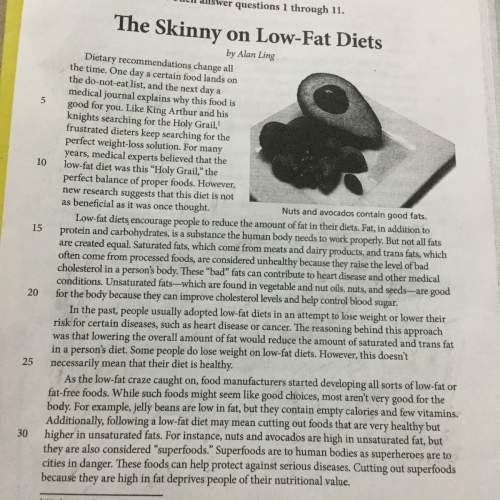
English, 20.02.2021 20:10 preshoo1454
Read the passage from chapter 17 of The Prince.
That it is true his other virtues would not have been sufficient for him may be proved by the case of Scipio, that most excellent man, not only of his own times but within the memory of man, against whom, nevertheless, his army rebelled in Spain; this arose from nothing but his too great forbearance, which gave his soldiers more license than is consistent with military discipline. For this he was upbraided in the Senate by Fabius Maximus, and called the corrupter of the Roman soldiery. The Locrians were laid waste by a legate of Scipio, yet they were not avenged by him, nor was the insolence of the legate punished, owing entirely to his easy nature. Insomuch that someone in the Senate, wishing to excuse him, said there were many men who knew much better how not to err than to correct the errors of others. This disposition, if he had been continued in the command, would have destroyed in time the fame and glory of Scipio; but, he being under the control of the Senate, this injurious characteristic not only concealed itself, but contributed to his glory.
How does anecdotal evidence in this passage support the claim that cruelty is a necessary part of leadership?
by showing how Scipio was too lenient and his army rebelled
by depicting how leniency destroyed the Senate
by showing how Fabius Maximus was feared in the Senate
by showing how Scipio’s army rebelled, and how he stopped the rebellion

Answers: 2


Another question on English

English, 21.06.2019 23:00
Someone answer this asap for an office manger uses the function s(x) to determine the number of shirts the company can make when the employees work for a total of x hours. when the employees have worked for a total of 300 hours, they produces 500 shirts. which equation correctly represents the company’s production of shirts? a. s(300) = 500 b. s(300) = 800 c. s(500) = 300 d. s(500) = 800
Answers: 1

English, 22.06.2019 05:30
Read the sentence from last lecture by randy pausch. all right, so what we’re not talking about today, we are not talking about cancer, because i spent a lot of time talking about that and i’m really not interested. pausch tells his audience this because he wants them to know that
Answers: 2


English, 22.06.2019 08:30
Which sentence in this excerpt from leo tolstoy’s the death of ivan ilyich suggests that ivan ilyich aspired to be part of the elite in society from a young age? a.ivan ilyich was le phenix de la famille as people said. he was neither as cold and formal as his elder brother nor as wild as the younger, but was a happy mean between them—an intelligent polished, lively and agreeable man.b. even when he was at the school of law he was just what he remained for the rest of his life: a capable, cheerful, good-natured, and sociable man, though strict in the fulfillment of what he considered to be his duty: and he considered his duty to be what was so considered by those in authority.c.neither as a boy nor as a man was he a toady, but from early youth was by nature attracted to people of high station as a fly is drawn to the light, assimilating their ways and views of life and establishing friendly relations with them.d.all the enthusiasms of childhood and youth passed without leaving much trace on him; he succumbed to sensuality, to vanity, and latterly among the highest classes to liberalism, but always within limits which his instinct unfailingly indicated to him as correct.e.at school he had done things which had formerly seemed to him very horrid and made him feel disgusted with himself when he did them;
Answers: 1
You know the right answer?
Read the passage from chapter 17 of The Prince.
That it is true his other virtues would not have be...
Questions




History, 06.12.2019 23:31





Geography, 06.12.2019 23:31

Mathematics, 06.12.2019 23:31


History, 06.12.2019 23:31




Mathematics, 06.12.2019 23:31


Computers and Technology, 06.12.2019 23:31

Social Studies, 06.12.2019 23:31




